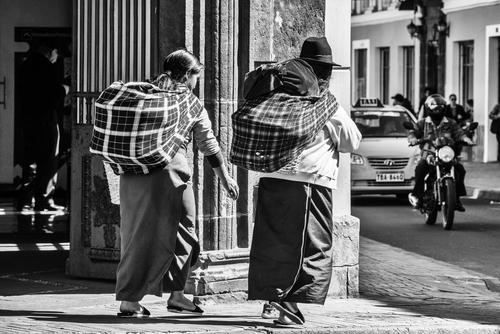ABSTRACT: This study examines the process of identity formation in a present-day Western Apache reservation community. It explores how member identities have been shaped by various postcolonial social and political boundaries and how these translate into concepts of mental health—specifically in the area of gambling addiction and its culturally relevant treatment. By examining Apache experiences of the realities of contemporary reservation life, which is characterised by an uneasy mixture of traditional and postcolonial values and practices, this work illustrates how modern Native Americans position themselves within overreaching and conflicting discourses about what it means to be Apache in the 21st century. We find that cultural and political boundaries are well-established among community members and reflected in their perceptions and evaluations of the recently introduced casino gaming enterprise and its economic, social and medical consequences, including the search for locally meaningful programmes for compulsive gamblers. These boundaries divide community understandings of tribal wellness and mental health care according to traditional/Christian religious beliefs, political affiliation, language (use of English and Apache language) and degree of participation in global discourses of science and Western education and medicine. These findings highlight the need for reservation-based mental health care clinics that recognise internal cultural boundaries in their current practices and for the development of therapeutic programmes that offer more efficient and sustainable treatment and prevention strategies for gambling and other addictions.
Keywords: mental health, casino gaming, addiction, political and cultural boundaries, health, cultural authenticity, postcolonial history


